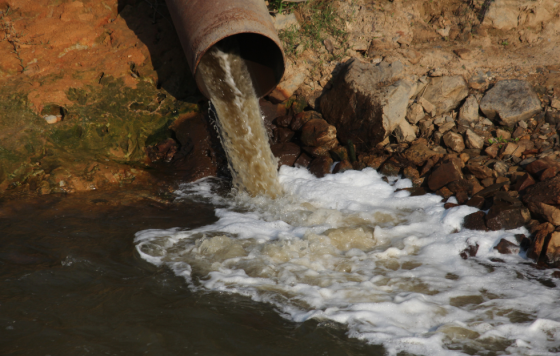
Jennifer Peters, National Water Programs Director at Clean Water Action, recently delivered a compelling testimony to the EPA, urging for comprehensive regulation of coal ash disposal sites and emphasizing the disproportionate impacts on low-income and minority communities. She strongly advocated for immediate enforcement of federal rules, safe closure and cleanup of all coal ash dumps, and stronger protections for community groundwater and drinking water supplies, underlining the critical need to align with the Biden administration's commitment to environmental justice. In her testimony she said the following:
Good afternoon, my name is Jennifer Peters. I’m the National Water Programs Director at Clean Water Action. Clean Water Action strongly supports EPA’s efforts to extend federal regulatory protections to hundreds of previously unregulated inactive landfills and legacy ponds, but we also urge EPA to strengthen its draft proposal to ensure all coal ash across the United States is regulated, without exception. We think it is especially important that EPA ensure the final rule addresses all coal ash stored in floodplains or wetlands, as well as ash that was used as construction fill at playgrounds, schools, and in neighborhoods.
For far too long, communities around the country have been exposed to toxic coal ash in land, water, and air. For decades, power plant operators disposed of coal ash by dumping it in unlined ponds, landfills, and mines, where this toxic pollution leaked into groundwater, including drinking water sources. Power plant owners have avoided cleaning up coal ash, which has left an estimated 91 percent of coal ash sites with water contaminated above federal human health goals. Many coal plant owners have been able to evade the 2015 Coal Ash rule’s cleanup requirements almost entirely by blaming unregulated ash dumps at a power plant for any pollution they detect. As a result of utilities gaming the system, groundwater remains contaminated by toxic coal ash at plants across the country.
As a resident of Colorado, I’m personally concerned about the environmental impacts of unregulated and poorly regulated coal ash ponds and landfills in our state. Colorado has 19 known coal ash dumps that were exempted from the 2015 Coal Ash Rule, though the actual number is likely higher because utilities are not required to report these sites. Three of these inactive landfills are known to have contaminated groundwater, but the full extent of groundwater or other contamination from unregulated coal ash sites in Colorado is unknown because of limited monitoring data.
Coal ash is disproportionately located in low-income communities and communities of color, and requiring complete site cleanup and closure of coal ash dumps is essential. A strong final rule that ensures all coal ash across the country is cleaned up will provide some long overdue relief to the communities that have been most impacted by this toxic pollution and aligns with the Biden administration’s commitment to advance environmental justice.
In closing, we urge EPA to move swiftly to end the toxic flow of coal ash. Until EPA enforces the federal rule and ensures all coal ash dumps are regulated, contamination of groundwater and drinking water supplies will continue. Please make enforcement a priority and mandate safe closure and cleanup of coal ash nationwide to ensure all communities are protected. Thank you for the opportunity to speak today.


